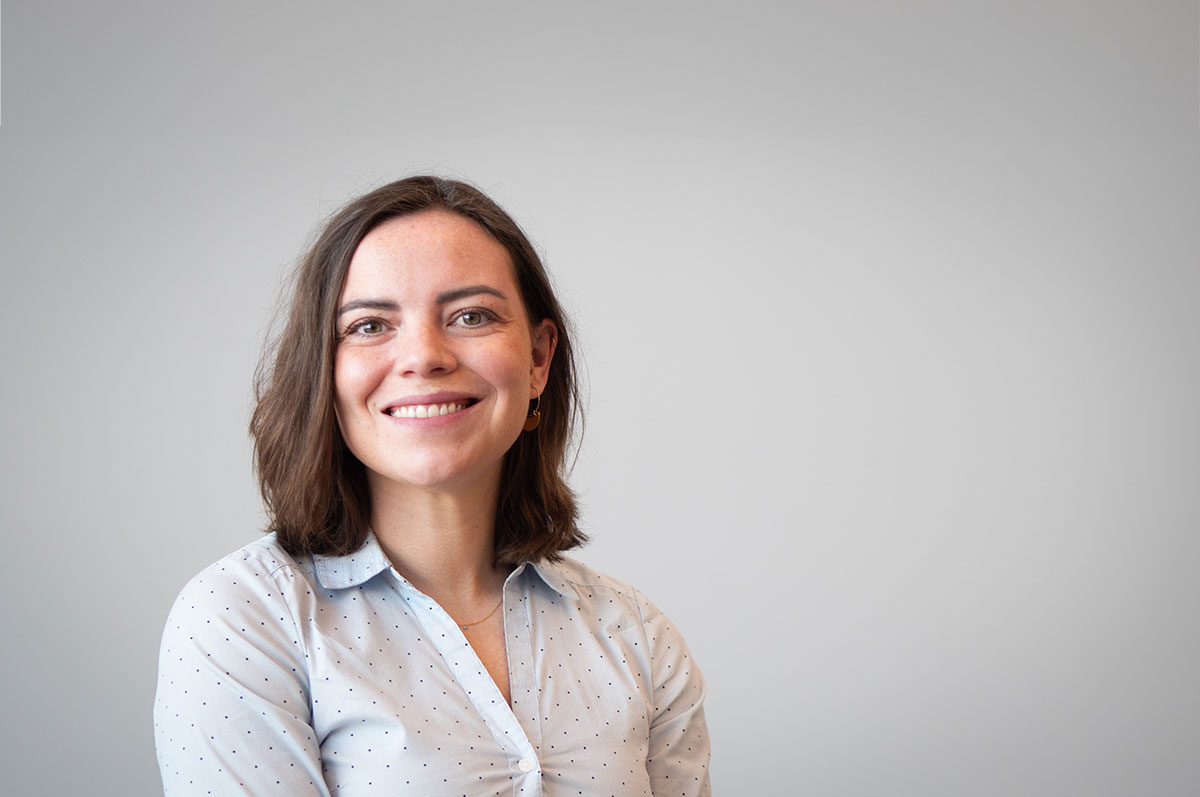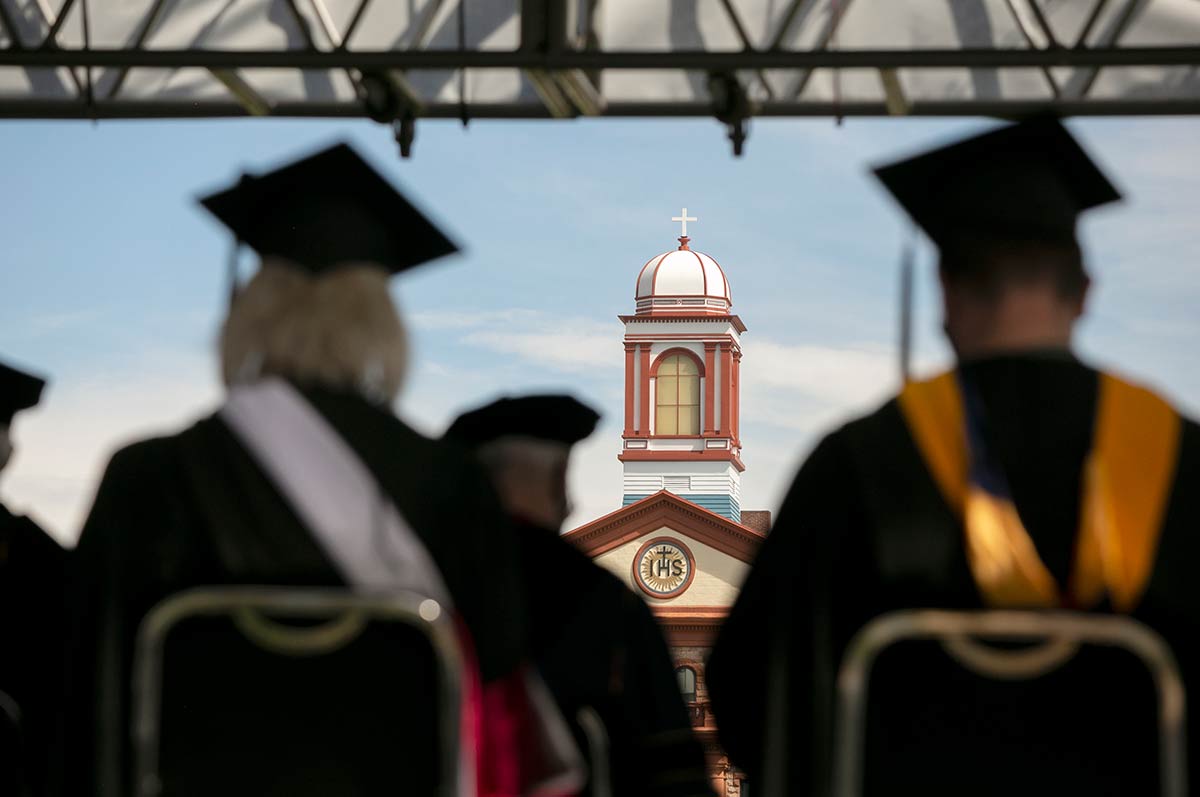Healing in the Pandemic Epicenter
Alumnus crossed the country to serve, but don’t call him a hero
Alexander Herrmann has always been the kind of guy who rushes into situations that a lot of people would flee.
That was true in his first career, as a firefighter and emergency medical technician (EMT). And it’s just as true in his second chapter as a registered nurse.
Which helps explain why Herrmann refused to consider himself a hero, even in the midst of an eight-week commitment to treat patients in an emergency room at the epicenter of the nation’s COVID-19 pandemic. Rushing off to New York City — despite the risk — to serve where he was most needed is the kind of thing the 2015 Regis graduate does.
“I couldn’t not go knowing that fellow nurses were suffering and worn out and exposed to the virus,” Herrmann said. “I just had to go.”
The father of three arrived in New York City on April 26 and went to work at St. Barnabas Hospital in the Bronx. In a city widely ravaged by the novel coronavirus, the borough north of Manhattan has been especially hard hit. Although Manhattan has more people, the Bronx has recorded nearly twice as many cases, according to the New York City Department of Health. As of May 10, reported coronavirus deaths in the Bronx had topped 3,000.
So, it’s no surprise that Herrmann found a lot of exhausted workers — from doctors and nurses to cleaning staff — when he arrived. “These nurses and doctors here are amazing,” he said.
The rate of new coronavirus infections, and of hospitalizations, has leveled off in New York. But that doesn’t mean Herrmann’s 12-hour shifts aren’t taxing. “Days are hard. I’m exhausted at the end of the day.”
Although by May the number of new COVID-19 cases in the city was slowing, “We still get somewhere between one and four patients a day testing positive, and some are really sick.” Herrmann said medical staff are constantly learning about how the virus affects patients, and the growing knowledge helps inform better treatment. But there is still much to learn. “It’s so bizarre, this virus. Every day it confuses me.” Herrmann said he isn’t overly worried about catching it himself — he’s convinced he had the virus, and recovered, before he left Denver.
The St. Barnabas emergency room is increasingly filled with patients suffering other conditions, especially those with diabetes, who were afraid to come in for treatment when the outbreak was at its peak, Herrmann said.
Herrmann is accustomed to quickly adapting to systems and staff in a new hospital. In Denver, he works for an agency that provides hospitals with temporary nursing staff so he has worked in emergency rooms across the area. As the need in New York soared, things were slowing down in Denver-area emergency departments, Herrmann said. “People weren’t coming to the ER in Denver,” and hospitals were cutting staff hours. That made a decision he was already leaning toward even easier.
He talked to a recruiter with Medical Solutions, a company that connects healthcare workers with positions. The recruiter made arrangements for Herrmann’s travel, placed him at St. Barnabas, and found him a place to stay – at a Courtyard by Marriott hotel. “The hotel had been closed down and now it’s just for medical people. It’s filled with doctors and nurses,” he said, although some had started going home by mid-May. His eight weeks in the Bronx was the Texas native’s first trip to New York, and he hopes to go back someday when the city — with so much to see and do — is open. For now, he spends his days off walking around Central Park, fashioning workouts in his room, and missing his kids, who are 7, 10 and 12. He said he knows exactly what he’ll do first when he returns home to Denver: “Play Fortnite with my kids.”
Herrmann said he became interested in nursing because as a firefighter and EMT he discovered he preferred the medical aspects of the job to the firefighting parts. When an ambulance partner told him that since he already had a bachelor’s degree, he could earn his registered nursing degree in one year, he decided to go for it. “I did my homework and found Regis. I used to be a Christian youth pastor, so the spiritual side to the school appealed to me too.”
He’s found satisfaction in his second career, particularly in this time of unprecedented need. Just don’t call him a hero. “I don’t want to wear that ‘hero’ shirt. I don’t want the fame. I’m helping people,” he said. “That’s all I ever wanted to do.”



